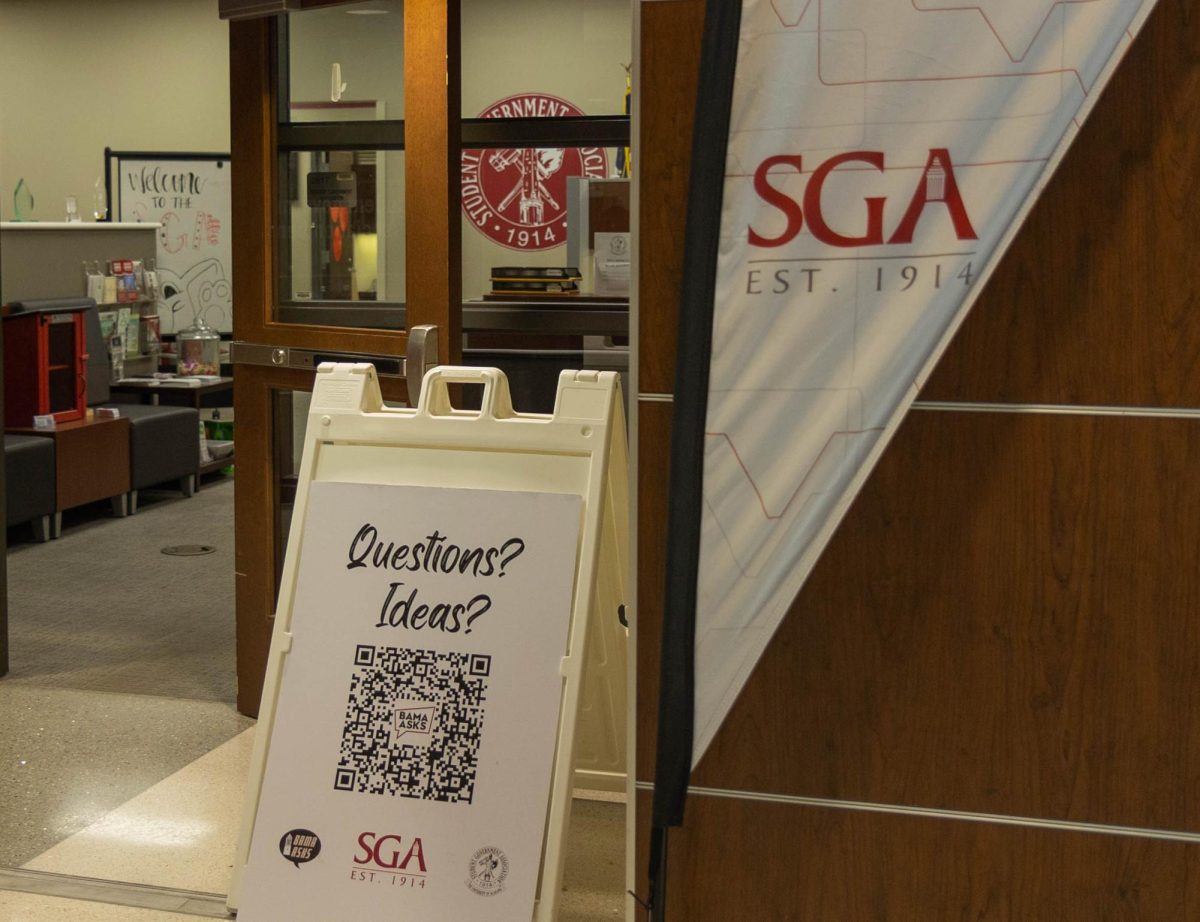Myrick, clinical assistant professor at the University’s department of special education and multiple abilities, strives to develop the special needs students of CrossingPoints, the University’s transition program, into independent individuals upon graduation.
Even though Hank was not able to walk or talk, Myrick noticed the smile that never left Hank’s face. From then on, Myrick said his perspective of life was never the same. The students of CrossingPoints are consistently joyful, which he said fuels his inspiration to help them achieve life at its fullest.
“I used to be a brooder. I don’t brood anymore,” he said. “When you see somebody like Hank, who can’t talk, can’t walk, but is smiling all the time, it’s hard for me to get down on myself.”
Seeing the transition of the students before and after the CrossingPoints program is the most enjoyable aspect of the job, Myrick said. Throughout the program, the students are taught self-determination, communication etiquette and how to create opportunities for themselves. CrossingPoints offers vocational training and employment at the University’s on-campus job sites.
To help to program’s progression, Myrick created research on how the students responded to a self-analysis study. In this study, he recorded the students in a separate room for a conversation session, live-streamed them onto his computer and communicated with them through earpieces. The students were able to listen to his comments during the session and watch the video after for self-analysis. Myrick said he would always focus on their strengths, not their weaknesses.
“They’ve always been told what they can’t do, not what they can do,” Myrick said. “The joy of seeing people do something that they’ve never done before, and to think I had a small part in that, is pretty rewarding,”
This study proved to be a success, as seen in Myrick’s student Demetree, who had a problem of constantly interrupting others. Demetree went from interrupting someone 64 times in a 30 minute session to seven times in a 30 minute session solely through the process of self-analysis and Myrick’s communication tactic.
“[Myrick] has done everything from being on the job sites, to being their coach, documenting, doing activities outside CrossingPoints with the students and is always involved in the golf tournaments,” said Renee Dickey, a para-educator for Tuscaloosa City Schools who has worked with Myrick for seven years.
After meeting Hank, Myrick made the decision to pursue a career that helps students with special needs live life to the fullest. Nine years later, Myrick ran into Hank, now 13 years old. After not seeing him for nine years, Myrick was skeptical of his memory.
“He was smiling away,” Myrick said of the encounter. “That’s when I knew. I knew he remembered me. I thought to myself, ‘Hank, you are the exact reason why I’m doing what I do now.’”








